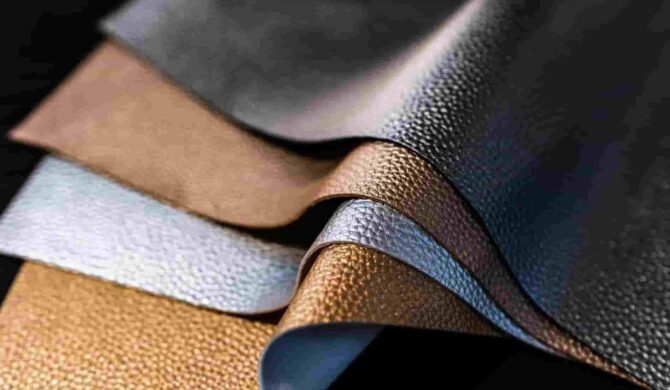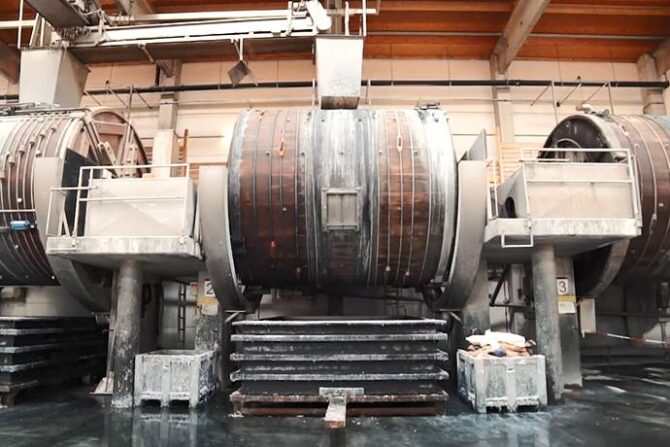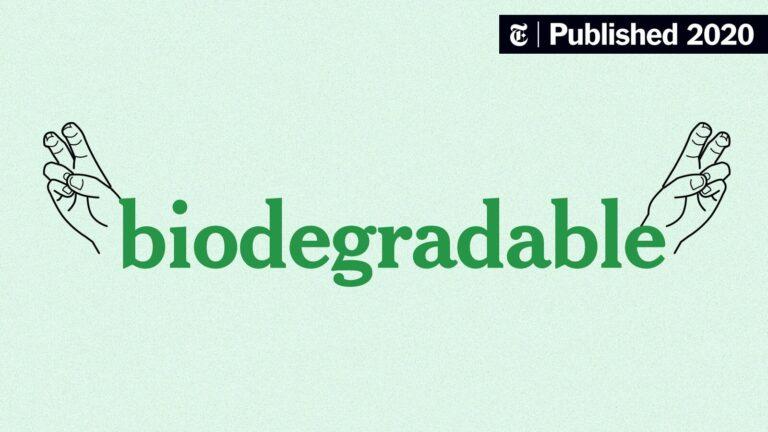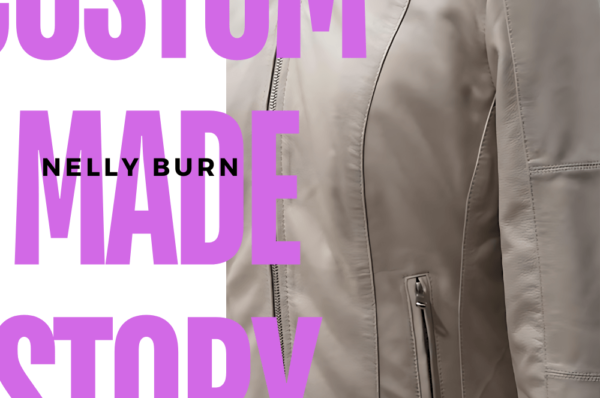No organization can survive unless ethics and sustainability are at the roots of its foundation. We know we are in the segment of the industry that is on fire for so long and justifiably so. We all have a duty towards the planet we are a part of and the fellow species that inhabit it with us.
Leather as a by-Product

Not all leather is the by product of meat industry. Unfortunately in some cases leather is a main product such as alligators & ostriches, lamb and veal hides have higher value than the meat. In other cases, leather is a co product such as cow leather and buffalo leather bring in as much money to the farmers as their milk or meat.
Stashi only uses sheep leather ( not lamb) since we know that sheeps are farmed primarily for their meat and wool. We are fully aware of our moral conscience and only procure from tanneries which buy hides of those animals to process which have already been used in the meat industry.
The Positive Effect of Customization on Environmental Conservation

The clothing industry on average records 20% to 25% return rate. In most cases the return items cant be recycled or reused, the garment industry is held responsible for its impact on the environment.
Stashi’s focus on customization and made-to-measured clothing results in only a 3 to 4% return rate and we are even bringing it lower. Customization not only makes clients happier but we feel proud to reduce impact on environment through making products that last long.
Returns also have a heavy environmental impact. Only 54% of all packaging gets recycled. And an estimated 5 billion pounds of returned goods end up in landfills each year.” Many returned items that are shipped back to the retailer do not get resold. The cost of examining, repackaging, and then redistributing the item often exceeds the new sale value, thus contributing to more waste.
It is more important than ever to get ahead of the return, to mitigate it right at the beginning of the customer experience. Guiding a shopper’s digital experience with capabilities around fit guidance keeps shoppers on a path toward a confident purchase, and an experience that offers long-term loyalty.
With sustainability at its core, the brand focuses on three key pillars – product, planet, and community.
Ethical Sourcing

We procure sheep leather from the LWG ( Leather Working Group) certified tanneries which follow international standards for ethical production and workplace compliance. LWG carried out the audit in the following areas:
Subcontracted Operations
Social Audit
Operating Permits
Production Data
Incoming Material Traceability
Outgoing Material Traceability
Environmental Management System
Restricted Substance including Chromium Management
Energy Consumption
Water Usage and Air Emission
Chemical Management
BioDegradibilty

Pure Sheep leather biodegrades in 70 to 100 years in landfills. As against the common perception, it is a much better environmental option than PU or faux leather which are oil-based products and take 500 to 700 to biodegrade. In some cases leather is recycled into making home decor products and fashion accessories such as wallets
The perks of Slow fashion

Sheep leather garments made by Stashi last for 70 to 80 years unlike the other fabric which lose vitality soon resulting in the landfills. We also abstain from using any plastic product which are hard to biodegrade. With the rise of slow fashion mantra for its lesser effect on environment, the focus has been shifted towards material with a balanced biodegradibility and lifetime







